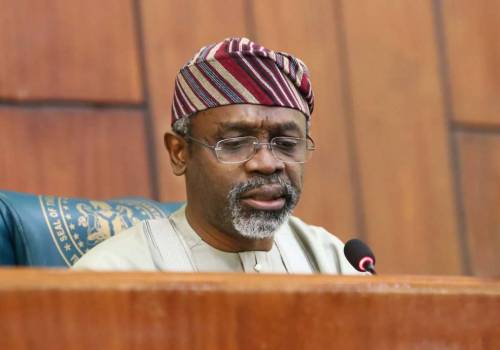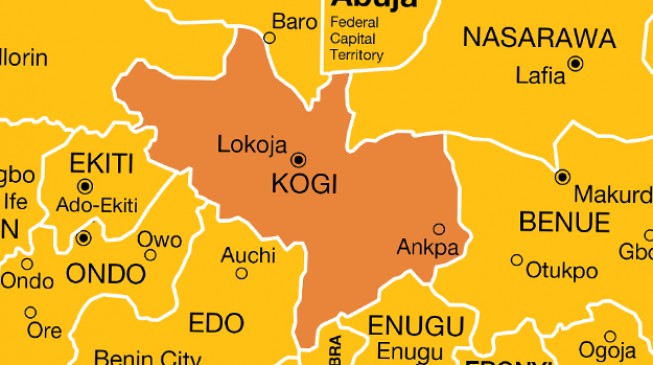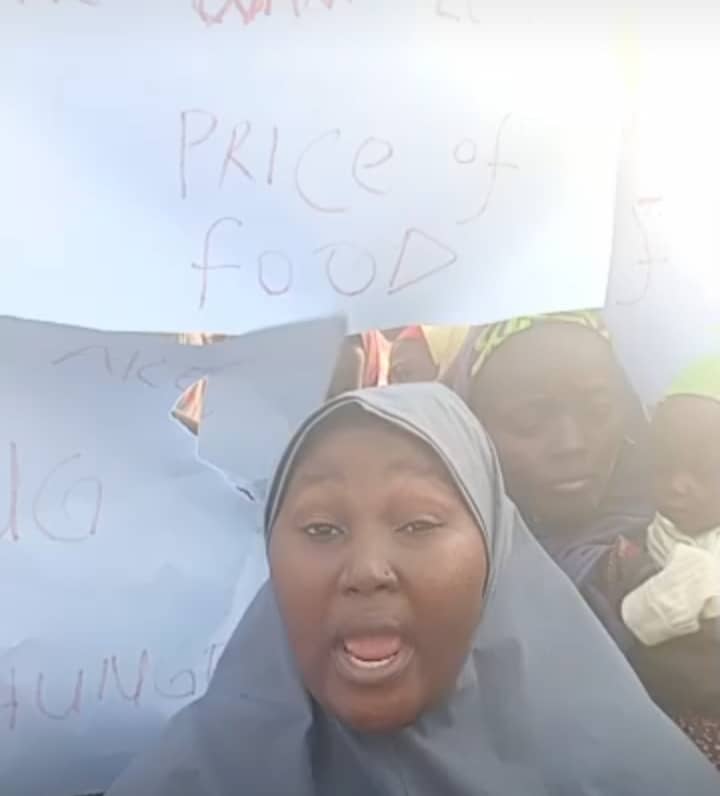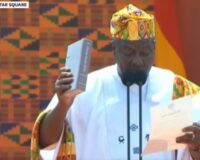Notify customers before debt recovery moves, CBN tells banks
The Central Bank of Nigeria has instructed regulated entities to provide customers with notices of outstanding obligations before beginning debt collection. This is to ensure that the debt recovery process is transparent, courteous, and fair. CBN stated this in a document released on Thursday on its website titled “Revised Consumer Protection Regulations.” It noted […]
















